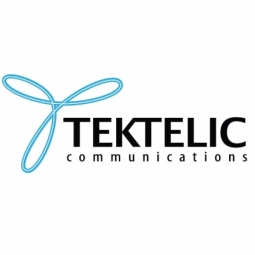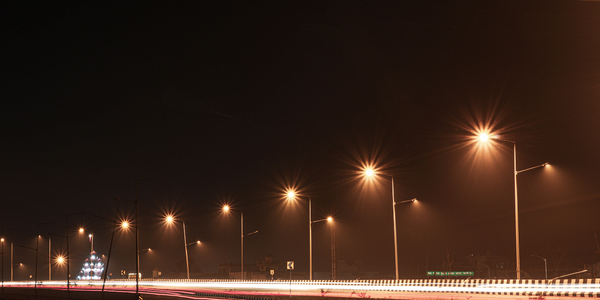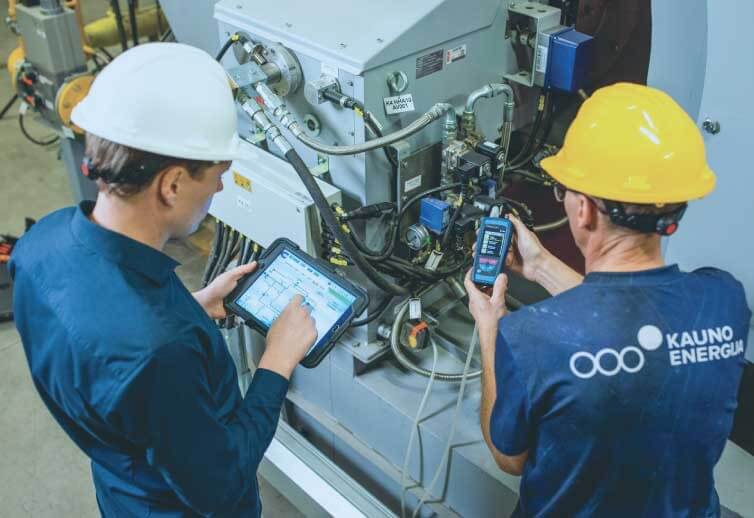
Technology Category
- Networks & Connectivity - Gateways
- Networks & Connectivity - LoRa
Applicable Industries
- Buildings
- Cities & Municipalities
Applicable Functions
- Logistics & Transportation
- Product Research & Development
Use Cases
- Smart City Operations
- Water Utility Management
Services
- System Integration
- Testing & Certification
The Customer
Kauno energija
About The Customer
Kauno energija is a company that operates in Kaunas, Lithuania's second-largest city. The company plays a significant role in the country's logistics, economic processes, and innovation flows. Kauno energija has been operating in Lithuania since 1963 and has contributed significantly to improving community services, saving costs from the city budget, and contributing to the creation of cost-effective smart city buildings. The company supplies green heat and hot water to 120,000 inhabitants and about 3,500 commercial buildings. It also manages 410 kilometers of the city’s centrally supplied heat network.
The Challenge
Kaunas, the second-largest city in Lithuania, is strategically located in the center of Europe, making it a crucial hub for logistics, economic processes, and innovation flows. Despite its small population of around 400,000, the city's location makes it significant for all of Europe. However, Kaunas faces several challenges. It has a growing elderly population, a deteriorating infrastructure, and a rapid increase in car numbers. Environmental issues such as global warming, air pollution, and water supply are also pressing concerns. The city's heating system, which serves nearly 90% of residents, faces problems with uninterrupted water supply and power consumption. Kauno energija, a company that has been operating in Lithuania since 1963, has been instrumental in improving community services and contributing to cost savings from the city budget. However, the need to integrate an IoT network to address these challenges is evident.
The Solution
Kauno energija decided to integrate the LoRaWAN® technology across the city to unify data collection systems and deploy the Internet of Things widely. The company conducted thorough research and found numerous benefits that LoRaWAN® networks can bring to smart infrastructure and city services in a cost-effective and time-efficient manner. LoRa technology has a wide range of applications, including remote sensing and analysis of various parameters of heat, hot water, and thermal networks. The company chose the TEKTELIC KONA Macro IoT Gateway, an ideal solution for operators and enterprises that need to cover large areas with the LoRaWAN® network. The gateway operates at a low cost and has low power consumption, making it perfect for companies contributing to the creation of smart cities. The company is also planning to extend the smart city technology to other municipal utilities of Kaunas City, improving waste management, reducing air pollution, and improving the management of street lights.
Operational Impact

Case Study missing?
Start adding your own!
Register with your work email and create a new case study profile for your business.
Related Case Studies.

Case Study
Turning A Stadium Into A Smart Building
Honeywell created what it called the “intelligent system” for the National Stadium in Beijing, China, turning the venue for the opening and closing events at the 2008 Summer Olympics into a “smart building.” Designed by highly controversial artist Ai Weiwei, the “Bird’s Nest” remains one of the most impressive feats of stadium architecture in the world. The 250,000 square meter structure housed more than 100,000 athletes and spectators at a time. To accommodate such capacity, China turned to Honeywell’s EBI Integrated Building Management System to create an integrated “intelligent system” for improved building security, safety and energy efficiency.
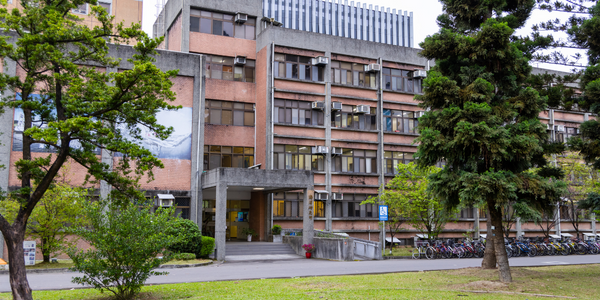
Case Study
Energy Saving & Power Monitoring System
Recently a university in Taiwan was experiencing dramatic power usage increases due to its growing number of campus buildings and students. Aiming to analyze their power consumption and increase their power efficiency across 52 buildings, the university wanted to build a power management system utilizing web-based hardware and software. With these goals in mind, they contacted Advantech to help them develop their system and provide them with the means to save energy in the years to come.
.png)
Case Study
Smart Street Light Network (Copenhagen)
Key stakeholders are taking a comprehensive approach to rethinking smart city innovation. City leaders have collaborated through partnerships involving government, research institutions and solution providers. The Copenhagen Solutions Lab is one of the leading organizations at the forefront of this movement. By bringing together manufacturers with municipal buyers, the Copenhagen Solutions Lab has catalyzed the development and deployment of next-generation smart city innovations. Copenhagen is leveraging this unique approach to accelerate the implementation of smart city solutions. One of the primary focus areas is LED street lighting.
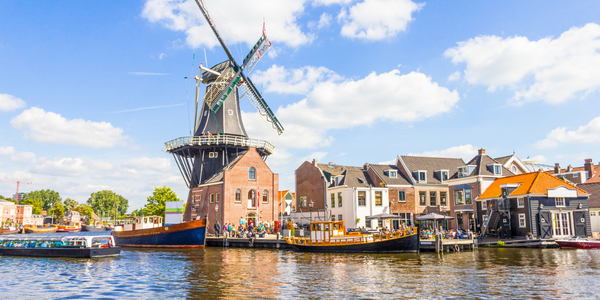
Case Study
Buoy Status Monitoring with LoRa
The Netherlands are well-known for their inland waterways, canals, sluices and of course port activities. The Dutch Ministry of Infrastructure indicates that there are thousands of buoys and fixed items in and near water environments that would profit from IoT monitoring. One of the problems with buoys for example, is that they get hit by ships and the anchor cable breaks. Without connectivity, it takes quite some time to find out that something has happened with that buoy. Not to mention the costs of renting a boat to go to the buoy to fix it. Another important issue, is that there is no real-time monitoring of the buoys at this moment. Only by physically visiting the object on the water, one gains insight in its status.

Case Study
Barcelona Case Study
Barcelona’s heavy traffic and its associated high levels of pollution were the primary factors that motivated some companies and universities to work on strategies for improving traffic in the city centre. Bitcarrier is one of the technologies involved in the In4Mo Project, whose main objective is to develop the applications that form the core of smart mobility, one of the fundamental pillars of the smart city concept.




